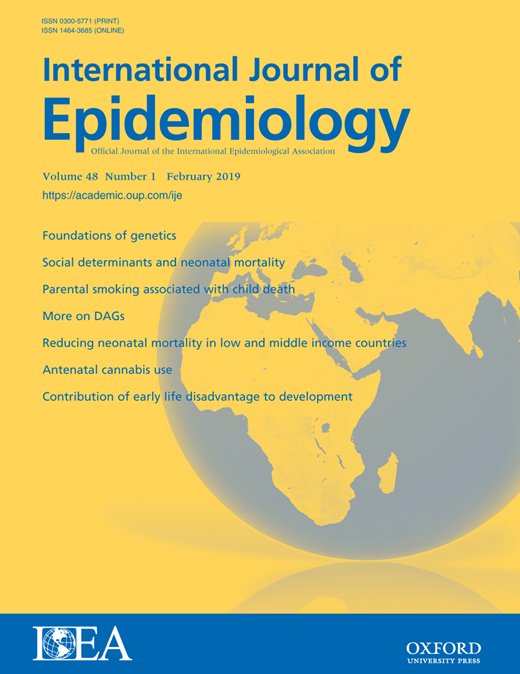
Network multipliers and public health
Abstract
The term ‘spillover effect’ is sometimes used in the social and biomedical sciences to describe one person’s exposure affecting the outcome of another. The term ‘contagion’ is sometimes used to describe one person’s outcome affecting another’s outcome. One classic setting for such spillover and contagion is that of vaccines and infectious diseases. The vaccination status of one person may affect the infection status of a family member (spillover) and infection status of one family member may affect the infection status of another (contagion). Indeed, much of the methodological work in describing these phenomena has arisen from infectious disease epidemiology, wherein ‘spillover’ is also sometimes referred to as an ‘indirect effect’ or ‘interference’. However, the phenomena themselves are much more widespread than infectious disease contexts and may pertain to health behaviours, affective states, learning outcomes, judicial and voting behaviours and to many other settings, exposures and outcomes. Indeed, arising in part from the recognition of the importance of spillover in a variety of contexts, the development of formal methodology to analyse spillover and contagion has begun to rapidly advance in a number of fields beyond the infectious disease setting.
In two recently published articles in the International Journal of Epidemiology, Benjamin-Chung et al. have done a tremendous service to epidemiologists in providing an overview of the types of questions and methodologies that may be relevant in understanding spillover effects, and in providing a survey of current applications of these approaches. Other overviews of the methodological literature on spillover, framed in terms of counterfactuals, is provided elsewhere. It is clear that both the infectious disease context (in which such spillover effects are most frequently considered) and also other settings are of interest and relevance. Indeed, here, we argue that spillover needs to be considered far more frequently when thinking about epidemiology and public health; otherwise, we may miss important opportunities for public health impact and evaluation. To that end, we introduce a new relevant metric: the network multipler.
Citation:
T.J. VanderWeele and N. A. Christakis, “Network multipliers and public health,” International Journal of Epidemiology, (Feb 2019) DOI: 10.1093/ije/dyz010